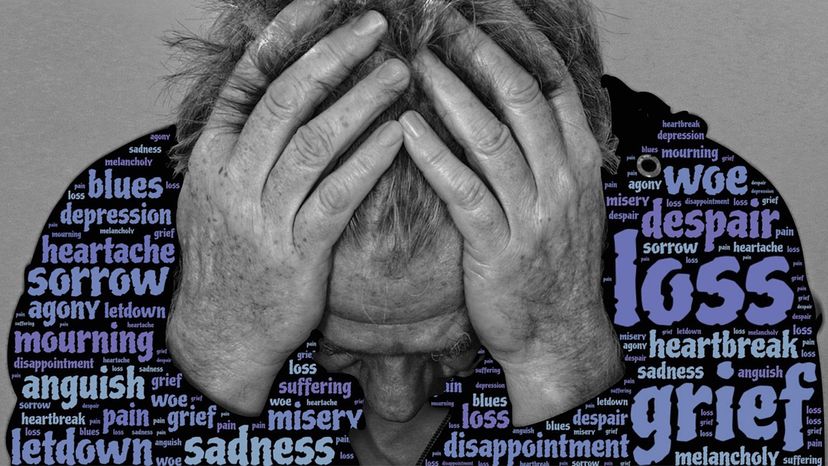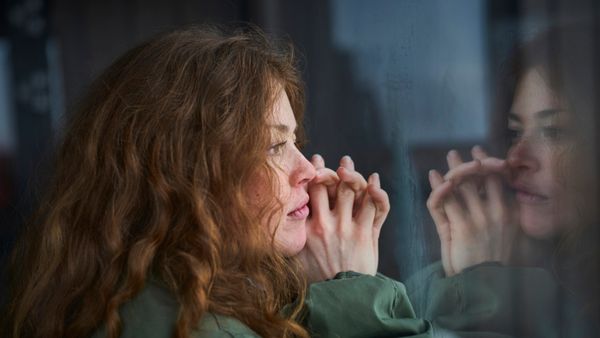
On a recent gray, drizzly afternoon, I found myself with a McMansion-size case of cabin fever and a hankering for the wind in my hair, regardless of the weather. Coronavirus be damned. So I laced up my boots, snapped on my fanny pack containing pandemic essentials, grabbed my raincoat and high-tailed it to a nearby state park.
Moving my body blissfully through the misty rain on a trail I'd hiked a thousand times, I felt high on the sweet endorphin rush of well-being and at one with the great I Am. Where the trail meets the lake, a man was squatted on the shore fishing, and as I put on my face mask to say a muffled, "hello," the sun peeked out, dappling the water with sparkles of light that glinted off the side of his rusty, bobbing bait pail, which I noticed was emblazoned with the fading words, "Old Pal Minnow Bucket."
Advertisement
Then out of nowhere it hit: A roaring freight train of abject sadness crashed into me, leaving the bits of me that weren't pulverized vibrating with heartache, loneliness and a cavernous sense of loss.
Buried under the wreckage of grief, I couldn't breathe. I couldn't think. The landscape around me had morphed into a cacophonous blur. Bawling and completely deflated, I sat down against a tree, feeling utterly suffocated by affliction. After about 30 minutes that felt more like eternity, the amplified sensations subsided, leaving me mentally agitated, physically drained and spiritually bone dry.
What was it that had temporarily knocked me off my feet?
I had been blindsided with a STUG — a sudden (or subsequent) temporary upsurge of grief.
Advertisement

